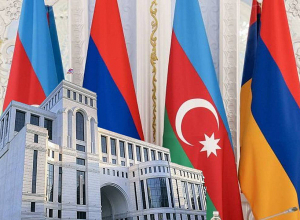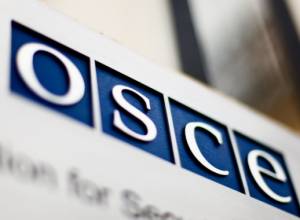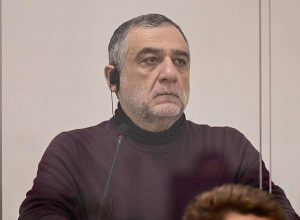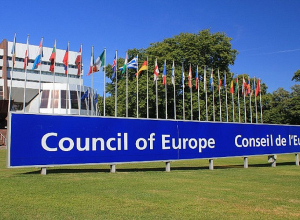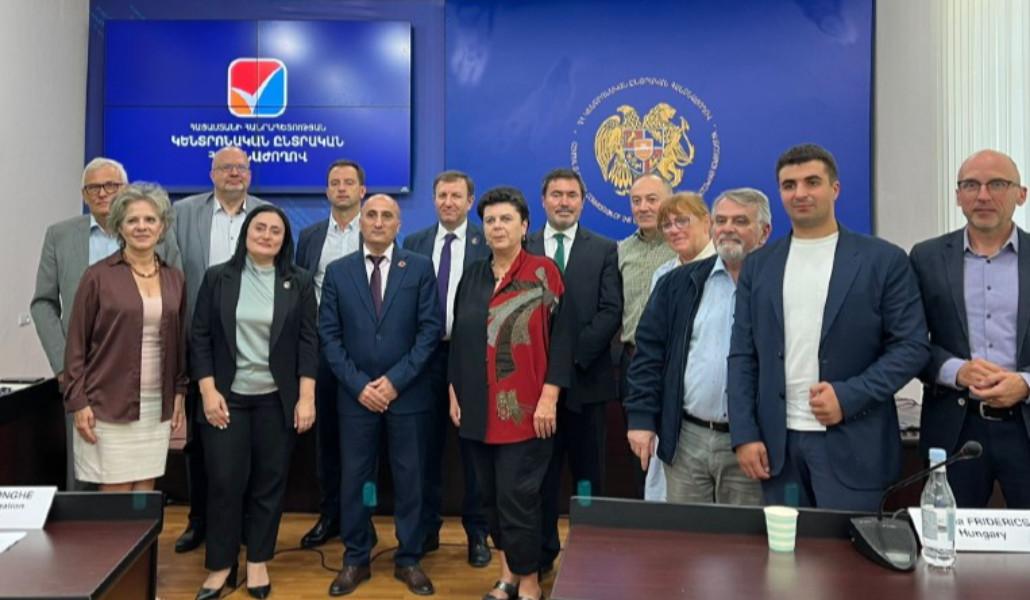
Yerevan Elections: A well administered ballot but a historically low turnout
Support A1+!
A nine-member election observation delegation from the Congress concluded yesterday its mission to observe the elections to the Council of Elders of Yerevan which were held on Sunday in the 12 districts of the Armenian capital.
On Election Day, seven Congress teams headed by Carla Dejonghe (Belgium, ILDG) visited some 113 randomly selected polling stations in all districts of Yerevan from opening until closing and counting. This on-site mission was preceded on 15-16 September by meetings with key electoral stakeholders and representatives of the diplomatic corps, the media, NGOs as well as candidates of parties running in the elections.
Overall, the delegation observed a calm, peaceful and well-managed Election Day without major incidents or anomalies. The delegation noted that, with the support of representatives of the Central Election Commission (CEC), voter authentication devices and cameras functioned seamlessly throughout the voting day, reducing opportunities for fraud and reinforcing the trust of voters in the electoral process. It also welcomed the change of ballot papers, which contributed to increase readability and reduced the possibility of carousel voting.
We welcome the improvements brought by the amendments to the Electoral code as well as the efforts of the CEC which contributed to the overall transparency and professionalism of the Election Day. These changes included the introduction of specific trainings for polling station presidents and secretaries, and we recommend making them compulsory in the future in order to further standardise the electoral procedures.
The delegation regretted the lack of interest, particularly among young voters, in local elections, as seen in the lowest turnout ever recorded in Yerevan. In addition, matters of local interests were sometimes overshadowed due the security concerns understandably expressed by many voters and contestants regarding the situation in the Lachin corridor. We can only share the concern of citizens of Yerevan and call for a quick resolution of this situation.
The campaign was polarised and led primarily by mayoral candidates. The delegation was informed of allegations of misuse of administrative resources and bias in the media favouring the candidate for mayor of the leading party. In that regard and with a view to ensure a level playing field, we believe in the need for additional safeguards concerning the period preceding the official campaign, including regarding campaign and party finance.
As previously recommended by the Congress, the accessibility of polling stations remains a critical issue which requires further urgent measures. We regretted that too many polling stations were not easily accessible for the voters with disabilities, the elderly, and parents with young children.
We noted that there were several areas where, while the legal framework seemed adequate, the implementation of some provisions in the spirit of the law could be further improved. For instance, while all lists have respected the 30% quota of female candidates, too few heads of list were women and thus underrepresented in the public debate.
Lastly, we also invite the authorities to consider the establishment of a single day of voting for all local elections throughout the country, which was already pointed out in the last Congress report.
Further to the Congress mission, a draft recommendation will be discussed at the next Congress session on 25 October 2023 in Strasbourg (France).
***
Observing local and regional elections is one of the statutory activities of the Congress of Local and Regional Authorities. This activity complements the political monitoring of the European Charter of Local Self-Government, which constitutes the cornerstone of local and regional democracy in Europe. It contributes to ensuring the integrity of elections and building voters’ confidence at grassroots’ level. Since 1990, the Congress has conducted about 115 election observation missions in some of the 46 Council of Europe member states and beyond.
